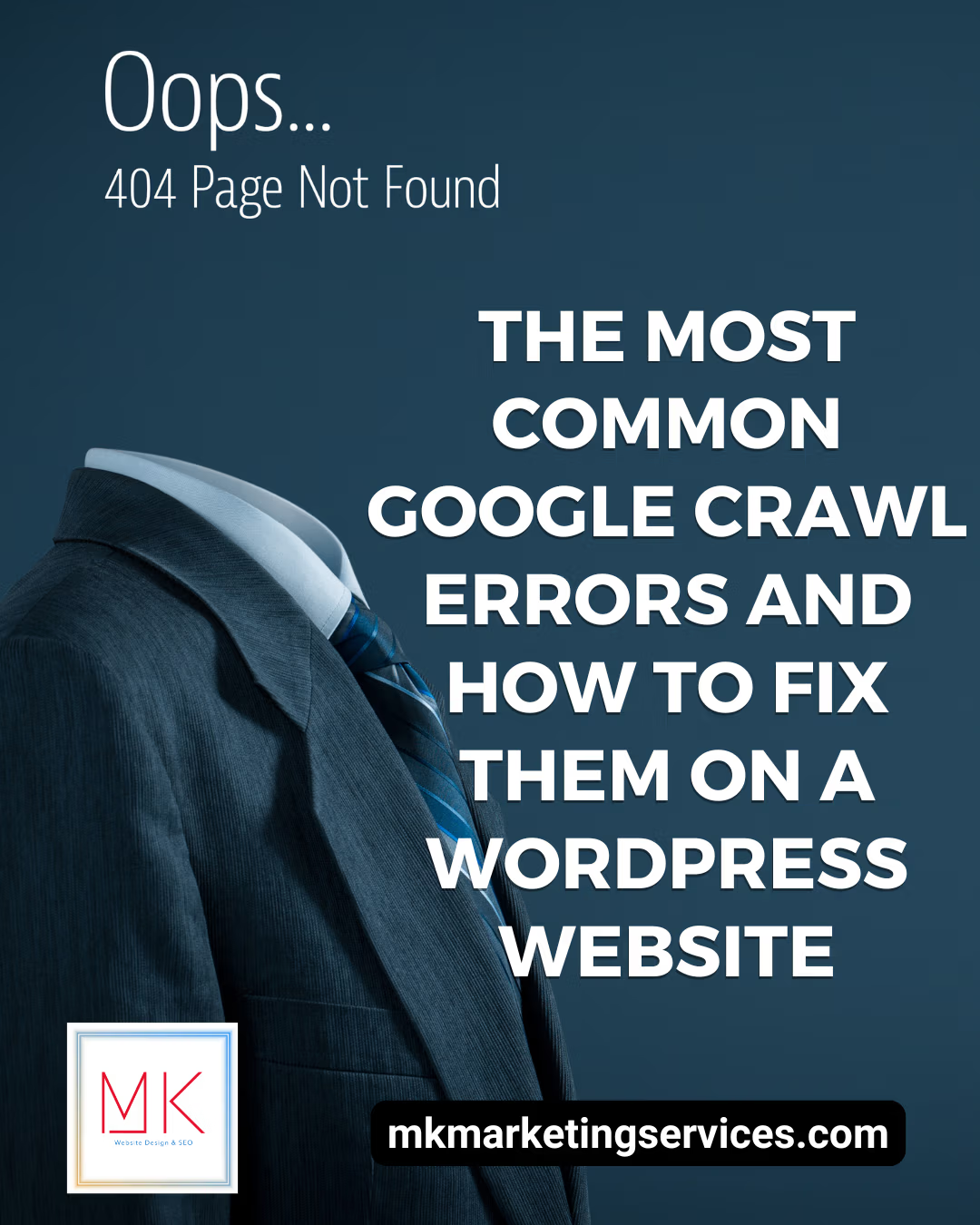In today’s digital age, maintaining online privacy and security is more critical than ever. With the increasing prevalence of cyber threats, data breaches, and privacy invasions, individuals and businesses alike are seeking effective ways to protect their online activities. One of the most reliable tools for enhancing online security is the use of proxy servers. This article explores how proxies, particularly from services like you proxy, can safeguard your internet activities and why they are becoming essential in the modern digital landscape.
What is a Proxy Server?
A proxy server acts as an intermediary between a user’s device and the internet. When you connect to the internet through a proxy, your requests are routed through the proxy server, which then communicates with the website or service you are trying to access. This process masks your real IP address with one from the proxy server, providing anonymity and additional security.
Benefits of Using Proxies for Online Privacy and Security
1. Anonymity and Identity Protection
One of the most significant benefits of using a proxy server is the ability to hide your real IP address. This helps protect your identity and online activities from being tracked by websites, advertisers, and potentially malicious entities. By using a proxy, you can browse the internet anonymously, preventing others from monitoring your browsing habits and personal information.
2. Enhanced Security Against Cyber Threats
Proxies provide an extra layer of security by masking your IP address and encrypting your data traffic. This helps protect against cyber threats such as hacking, phishing, and other forms of cybercrime. By using a proxy, sensitive information like passwords, financial details, and personal data are better protected from unauthorized access.
3. Bypassing Geo-Restrictions and Content Filters
Many online services and websites restrict access based on geographic location. Proxies allow you to bypass these geo-restrictions by providing IP addresses from different countries. This capability is particularly useful for accessing content that may be blocked or censored in your region, such as streaming services, social media platforms, or news websites.
4. Improving Online Privacy
In an era where data privacy is a growing concern, proxies offer a practical solution for protecting personal information. By routing your internet traffic through a proxy, you can prevent websites and advertisers from collecting data on your online behavior. This helps reduce the amount of personal data available to third parties and enhances overall online privacy.
Types of Proxies and Their Uses
- Residential Proxies
- Description: These proxies use IP addresses provided by internet service providers to residential users, making them appear as regular home connections.
- Use Case: Ideal for tasks requiring high anonymity, such as accessing geo-restricted content or conducting anonymous market research.
- Datacenter Proxies
- Description: These proxies originate from data centers and offer high-speed connections. They are typically used for tasks that require speed and volume.
- Use Case: Suitable for data scraping, bulk data access, and activities that need fast and reliable connections.
- Mobile Proxies
- Description: Use IP addresses assigned by mobile carriers, simulating traffic from mobile devices.
- Use Case: Useful for accessing mobile-specific content, testing mobile applications, and ensuring compatibility with mobile networks.
Applications of Proxies Beyond Privacy
A. Business Intelligence and Market Research
Businesses use proxies to gather data from competitors’ websites, monitor market trends, and conduct comprehensive market research. This information is valuable for making informed business decisions and staying competitive in the market.
B. Social Media Management
Proxies are essential for managing multiple social media accounts, especially when platforms have restrictions on the number of accounts per IP address. They enable marketers and social media managers to maintain numerous profiles without the risk of being banned or flagged.
C. Ad Verification
For advertisers, ensuring that their ads are displayed correctly and to the right audience is crucial. Proxies allow for the verification of ad placements and the monitoring of campaign performance across different regions and devices.
Choosing the Right Proxy Provider
To maximize the benefits of using proxies, selecting a reliable provider is essential. Here are some factors to consider:
- Reliability and Uptime: A good provider ensures high uptime and reliable service, which is crucial for maintaining continuous and secure internet access.
- IP Pool Diversity: A diverse pool of IP addresses enhances the ability to bypass geo-restrictions and reduces the likelihood of IP bans.
- Speed and Performance: Fast proxies are important for ensuring smooth browsing, streaming, and data access.
- Security Features: Look for providers that offer secure connections, data encryption, and robust privacy protections.
Provider Recommendation: you proxy offers a comprehensive range of proxy services, including residential, datacenter, and mobile proxies. Known for their reliability, speed, and excellent customer support, they provide solutions tailored to both individual and business needs, ensuring secure and anonymous internet usage.
Conclusion
Proxies play a crucial role in enhancing online privacy and security, offering benefits such as anonymity, protection against cyber threats, and the ability to bypass geo-restrictions. By integrating proxies into their online activities, individuals and businesses can protect sensitive information, access global content, and maintain a high level of online privacy.
Choosing a trusted proxy provider like you proxy ensures access to reliable and high-quality proxy services. As concerns about online privacy and security continue to grow, proxies will remain an essential tool for navigating the internet safely and securely.













